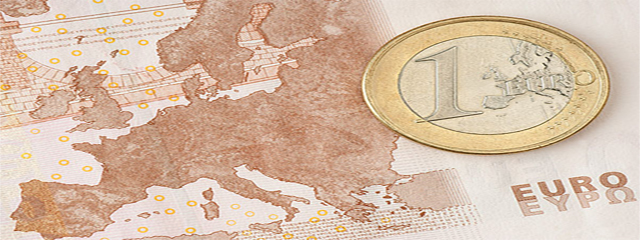Non financial corporate credit contracted by 3.5% in 2013, which is the worst registration since the crisis started, with drops in 11 out of 12 months of the year, as ECB reported. However, these figures have been distorted, firstly by credit transactions with clearing central counterparties that were reclassified in Germany, and also by second tranche of assets transferred to Spanish Sareb. Both operations have increased the fall by 1%. Excepting that, credit would have decreased to -2.5% against -1.1% in 2012. 90% of credit fall is due to credit fall in peripheral economies, but generally speaking it is also a consequence of banking reorganisation processes and of financial fragmentation. Anyway, trend of credit fall in euro zone core countries as well as in peripheral ones has shifted direction thorought past year: it moderated in Europe’s periphery while slowing down in central economies. European Central Bank’s report underlines that last years credit and deposit evolution has moved the rate between both operations under 100% for the first time, which illustrates the euro zone strong deleveraging process. These numbers suggest that financial system consolidation should push for economic recovery and consequently for a gradual recovery of credit. Nevertheless, regulation uncertainty or the unfinished deleveraging process in some economies could still weaken credit in the short term. Economic recovery will also benefit deposits evolution, although this will be burdened by low interest rates and higher corporate costs as investments increase.
A solution to sluggish state of credit
Bank of America-Merrill Lynch (BofAML) recently said that most efficient solution to finish the sluggish state of credit in the euro zone countries is simply to meet the guidelines that ECB and IMF recommended in Spain’s bail-out fourth review: increase solvency. Lagarde’s proposal meant that the fiscal measure to save €30,000 million of banks’capital from Basel III reductions should be subject in return to specific conditions for entities such as a cut dividend by 25%. A capital increase would be more effective than any ECB’s monetary policy device in order to reactivate credit flow in Europe. European banking sector needs capital amounting €70,000 million capital, of which €40 billion- 57% of the whole- correspond to Spain’s. The remaining € 30,000 million are distributed as follows: Italy (€20,000 million), Portugal (€5,000 million), and other countries.






Be the first to comment on "Credit deterioration in the euro zone hits rock bottom"